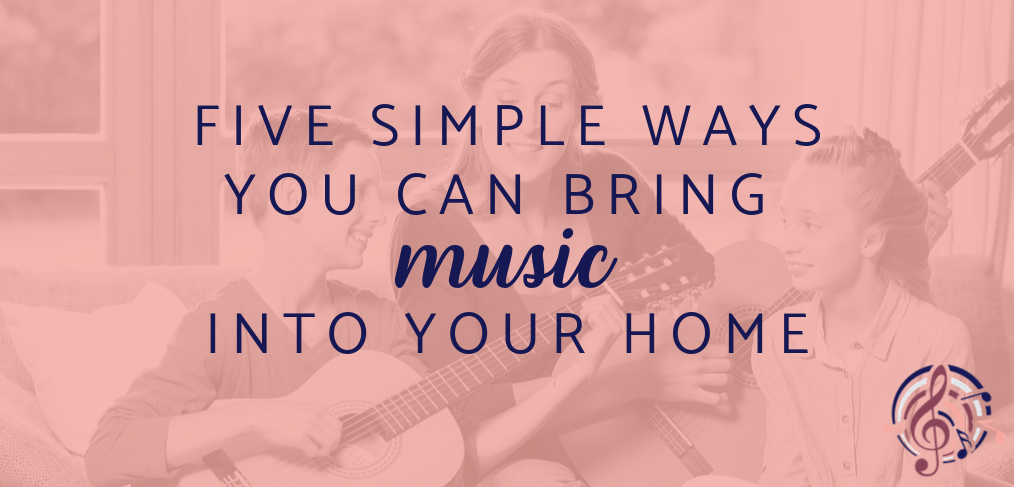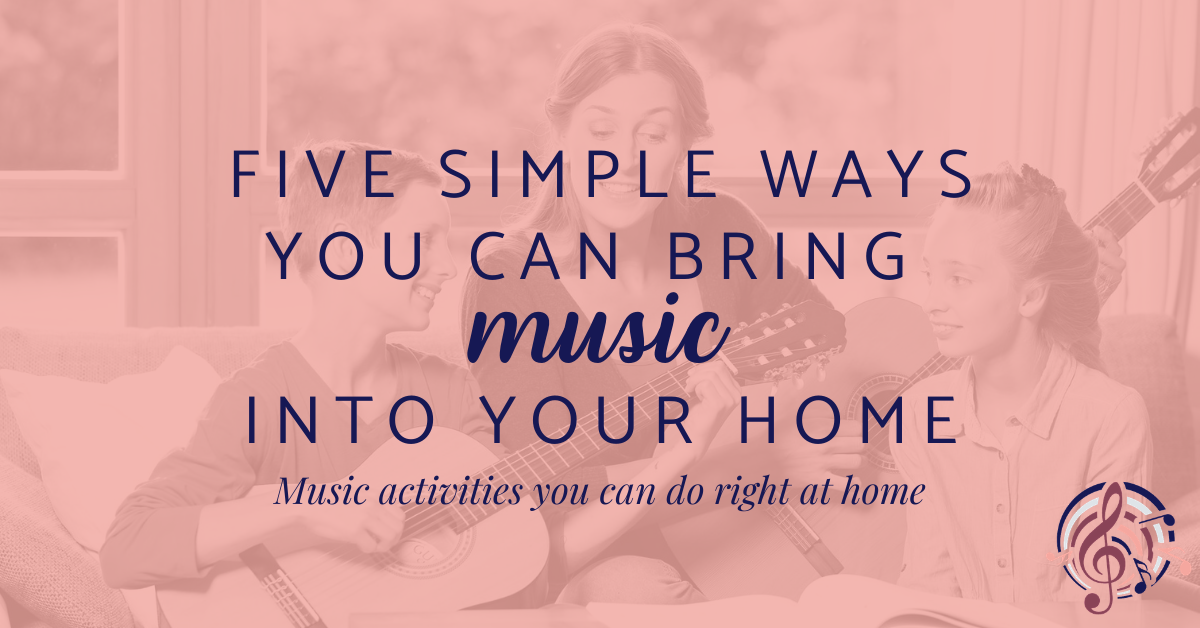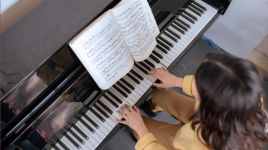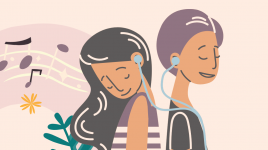
Five Simple Ways You Can Bring Music into Your Home
Music activities you can do right at home…
Written by Gabriella Serruya
There are so many ways we can expose our children (and ourselves) to music in our daily lives.
With younger kids, singing nursery rhymes is great. Believe us — our kids don’t judge the quality of our voices! They just want and need to sing with us! Sing everyday. Turn any song into something appropriate for any occasion.
Singing
For example, The Farmer in the Dell is a great song. It can become:
It’s time to go to bed,
it’s time to go to bed,
hi ho the derry-o,
it’s time to go to bed.
Additional verses can include:
Let’s go to the park…
Put on your shoes…
Time to tidy up…
Let’s go wash our hands…
It’s time to go brush our teeth…
Honestly, anything goes with a song like that. Before you know it, your kids will be singing along, or even starting the song themselves for some task.
Pots and Pans Band
A “Pots and Pans Band” is always loud and sometimes painful, but a lot of fun! Bring out the pots, plastic containers, spoons of different materials.
Let your child experiment with the different sounds that different materials make. Sometimes they’ll want to play only the loudest sounds possible, but they’ll surprise you by choosing different sounds for different times. They might even get melodic with their drumming and create beautiful rhythms and almost hummable melodies.
Copy Cat Game
This can be more structured as well. Play a beat or the “Copy Cat” game. Play a rhythm and have your child copy you. Try it the other way around as well!
Add in words to help with the rhythms and finding the syllables of words or phrases:
French Fries (2 quarter notes)
Lollipop (2 eighths, 1 quarter)
Watermelon (4 eighths or sixteenths)
Experimenting with Sound
We can experiment with different sounds – what does rain sound like? Thunder? Eating a cracker? Sliding down a slide? Swinging on a swing? Jumping? Flying? The sky’s the limit on this one!
Emotions and Music
How about emotions? What does happy sound like? Sad? Mad? Frustrated? Silly? Grumpy? Surprise? Bored? Confused? Proud? Nervous? Embarrassed? Overwhelmed? Peaceful? Your kids may just surprise you with what sounds they associate with different emotions.
The important thing here, is that there are no wrong answers – we all play and feel things differently. You might even learn something about how your kids think! Maybe that behaviour reminds you of the sound of one of their emotions.
There are so many ways that music is good for us. Not all are formal – in fact most don’t need to be! We all are born with music in us, we just need to find a way to express it!





